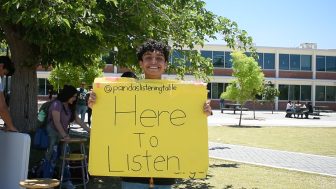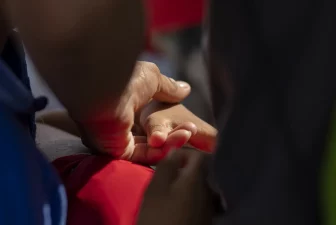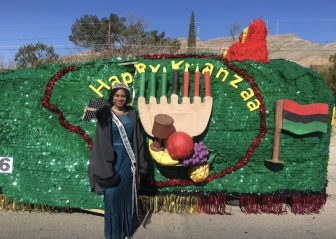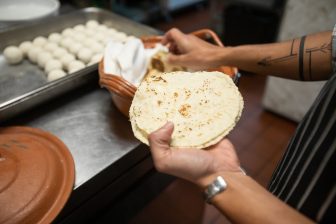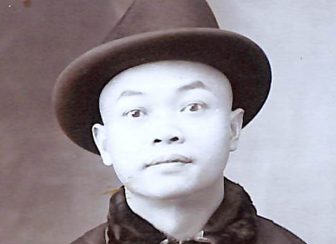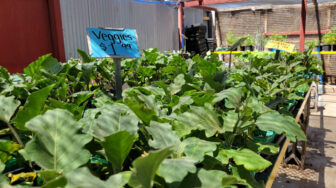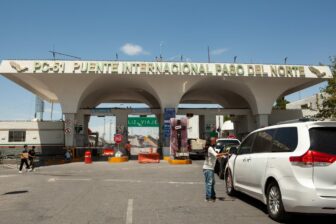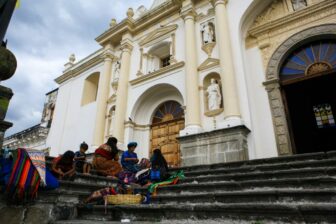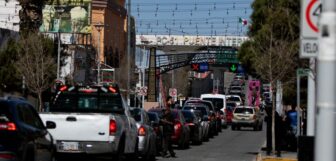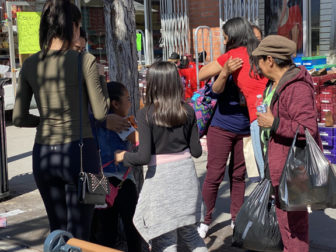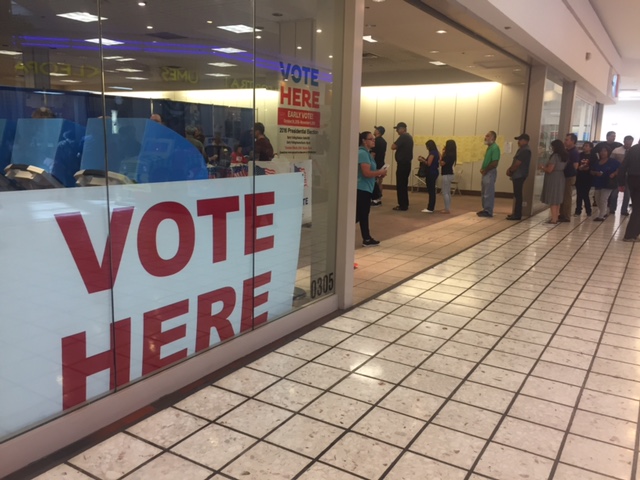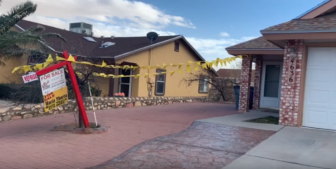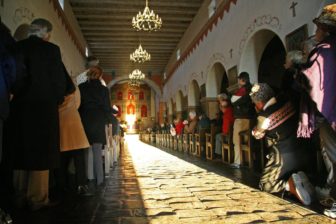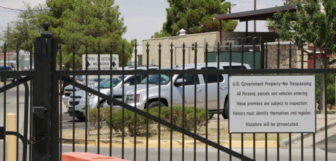High school student uses listening to share Hispanic mental health message
|
Since 2023, a Burges High School student has set up a listening table in the school’s courtyard every Friday during lunch to invite his fellow students to talk with him about anything. He simply listens without judgment and doesn’t offer advice.
“I feel like in a Hispanic community, we aren’t very listened to because of traditions and closed-mindedness,” Edwin Ortega said. “I wanted to bring some welfare to the community by setting up a table and have them talk to me so they can be listened to.”
Ortega was inspired by the Listening Table movement founded by Orly Israel, who became an internet sensation through his Instagram account @Orlyslisteningtable, which has 154,000 followers. Ortega said before beginning his table, he reached out to Israel.
